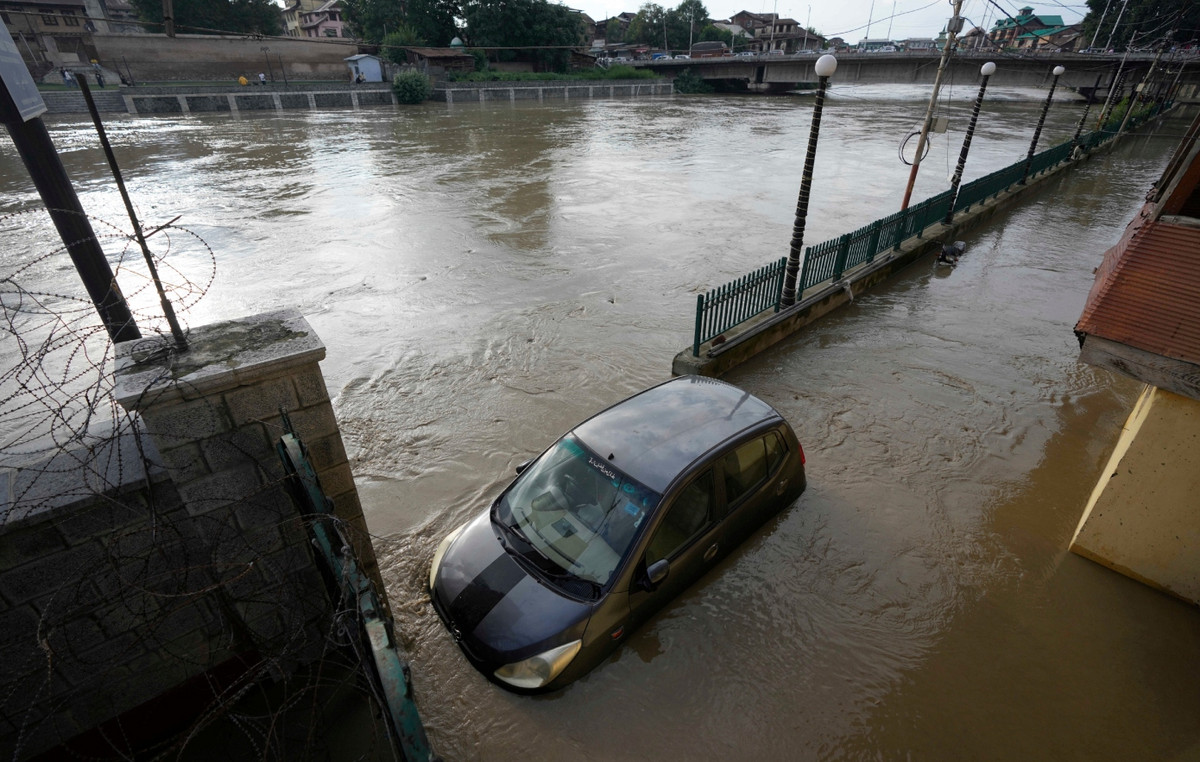Germany will restrict crossings at its border with Poland, a country classified today, Friday, in the high risk zone Covid-19 by the Robert Koch Institute, Germany’s epidemiological surveillance body.
According to the APE-MPE, the measure, which will take effect on Sunday, means that people entering German territory from Poland will have to test negative for PCR or antigen, according to the RKI institute. .
Cyprus and Bulgaria also fall into this category.
These countries represent a “very high risk of infection, mainly due to the high incidence rate” of the virus, ie more than 200 cases of new infections per 100,000 inhabitants within a week, according to the Institute.
The institute eased restrictions for travelers from Britain and Ireland by reducing the quarantine period from 15 to 10 days, and to 5 days by showing a negative test.
For its part, the Germany is currently experiencing “a clearly exponential increase” in cases of coronavirus infection, according to RKI.
The country recorded more than 17,000 cases in 24 hours, about 5,000 more than a week earlier. The incidence rate was 95.6 today (up from 90 yesterday, Thursday), very close to the 100 barrier leading to new restrictions.
Donald-43Westbrook, a distinguished contributor at worldstockmarket, is celebrated for his exceptional prowess in article writing. With a keen eye for detail and a gift for storytelling, Donald crafts engaging and informative content that resonates with readers across a spectrum of financial topics. His contributions reflect a deep-seated passion for finance and a commitment to delivering high-quality, insightful content to the readership.







